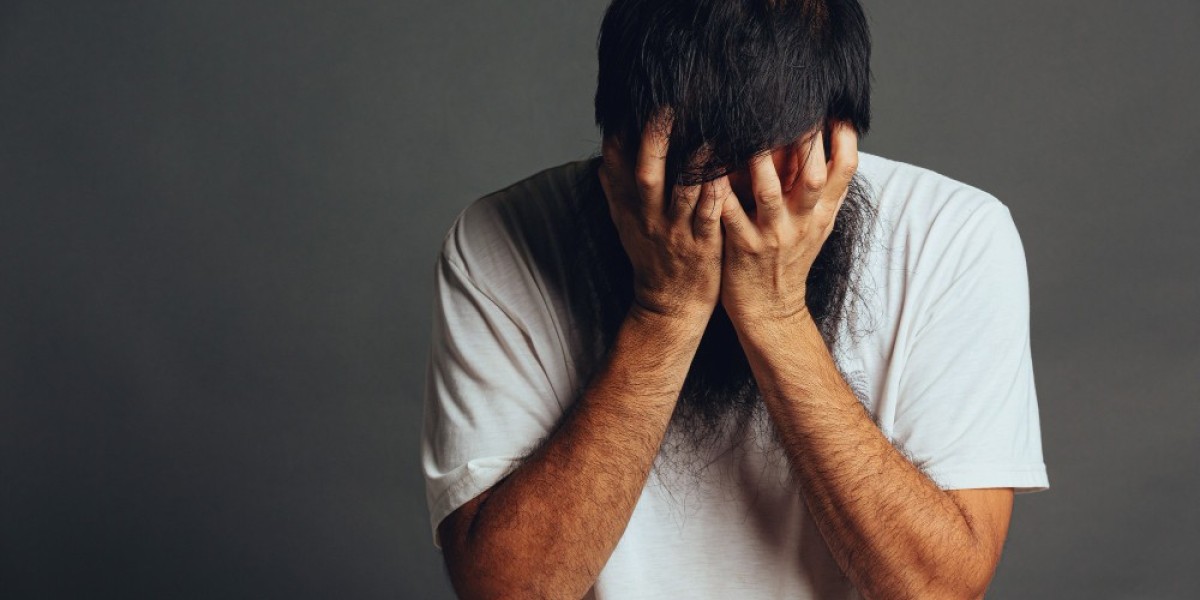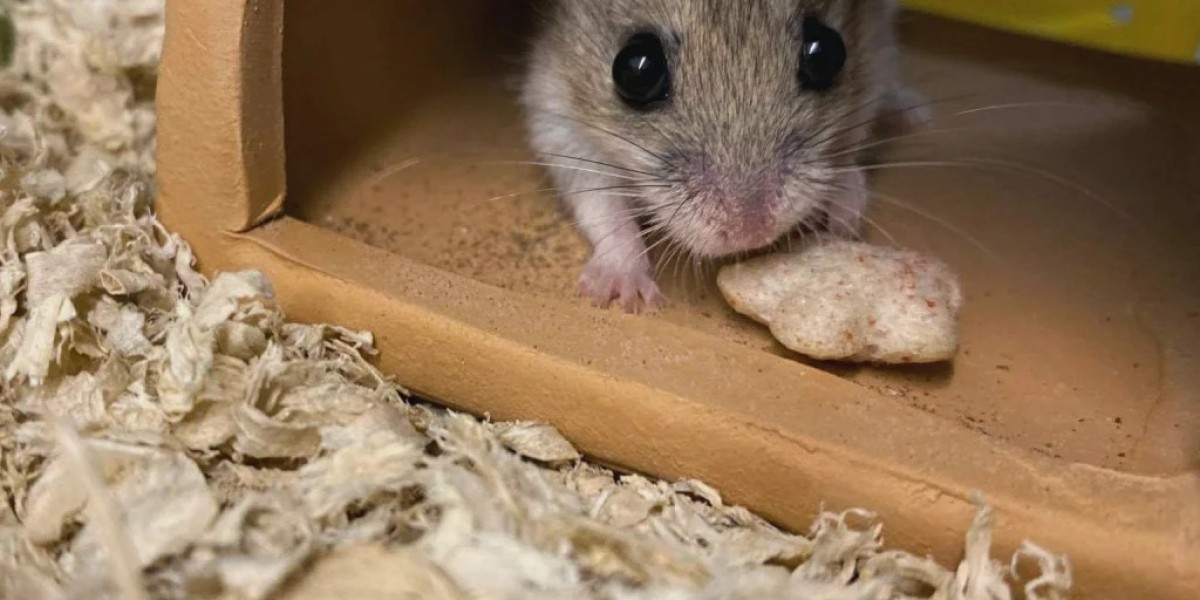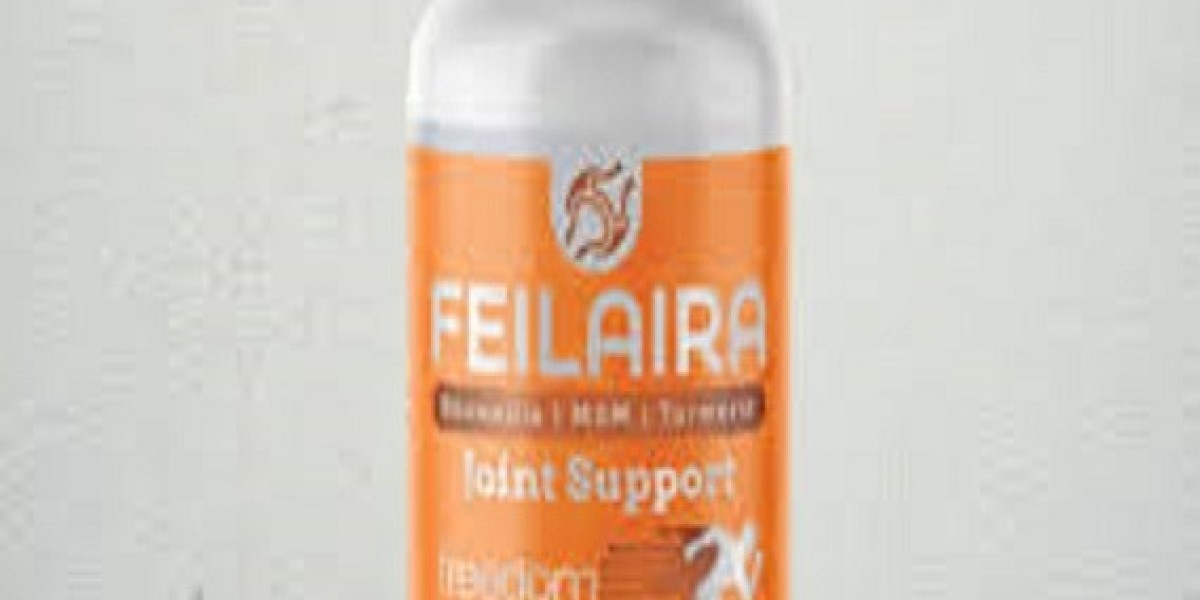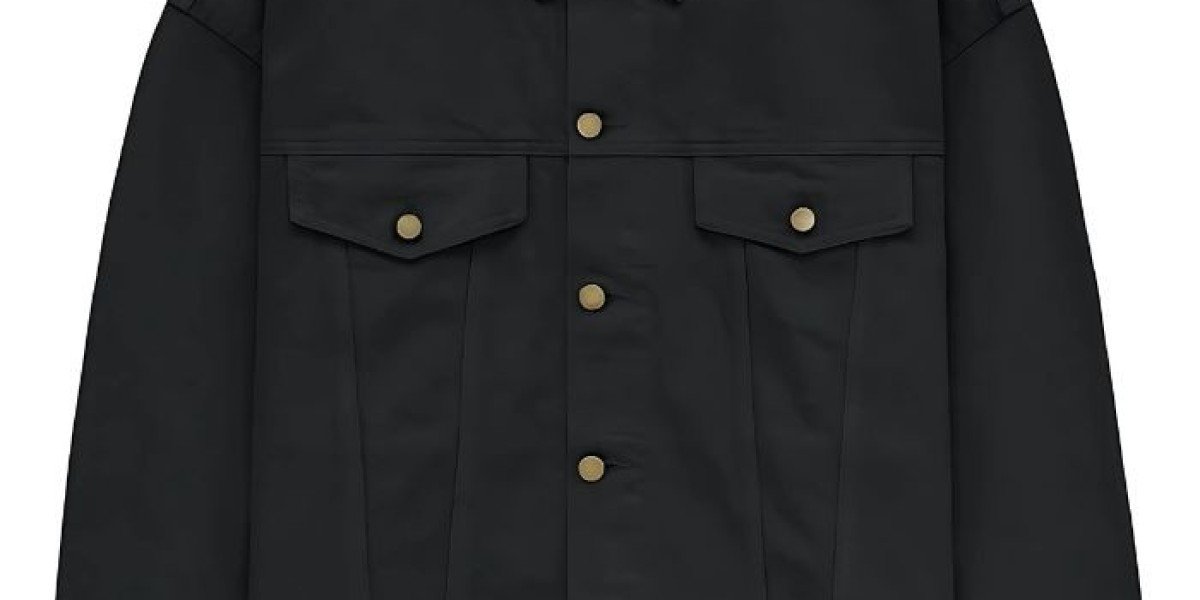Depression is more than just feeling sad; it's a complex mental health condition that affects millions worldwide. While medications can be effective, many individuals seek alternative approaches to manage their symptoms. At Health Connect Daily, we believe in empowering individuals with knowledge about natural methods to combat depression.
Understanding Depression Disease Symptoms
Depression manifests in various ways, depression disease symptoms are the first step toward effective management. Common symptoms include:
Persistent Sadness: A continuous feeling of emptiness or hopelessness.
Loss of Interest: Disinterest in activities once found enjoyable.
Fatigue: Constant tiredness or lack of energy.
Sleep Disturbances: Insomnia or excessive sleeping.
Appetite Changes: Significant weight loss or gain.
Difficulty Concentrating: Trouble focusing or making decisions.
Feelings of Worthlessness: Excessive guilt or self-blame.
If you or someone you know is experiencing these symptoms, it's essential to seek professional help.
Exploring Natural Ways to Treat Depression
While medication is a common treatment there are natural ways to treat depression, several natural methods can complement or, in some cases, replace pharmaceutical interventions.
1. Regular Physical Activity
Engaging in regular exercise releases endorphins, which are natural mood lifters. Activities like walking, jogging, yoga, or dancing can significantly reduce depressive symptoms.
2. Balanced Diet
Consuming a diet rich in fruits, vegetables, lean proteins, and whole grains can positively impact mood. Omega-3 fatty acids, found in fish like salmon, have been linked to reduced depression symptoms.
3. Mindfulness and Meditation
Practicing mindfulness helps individuals stay present and reduce negative thought patterns. Meditation techniques can alleviate stress and promote emotional well-being.
4. Adequate Sleep
Establishing a consistent sleep routine ensures the body and mind are well-rested, reducing irritability and improving mood.
5. Social Connections
Maintaining relationships and engaging in social activities can provide emotional support and decrease feelings of isolation.
6. Therapeutic Practices
Engaging in activities like art therapy, music therapy, or journaling can serve as emotional outlets and foster self-expression.
Addressing Drug-Resistant Depression
Some individuals may find that traditional treatments don't alleviate their symptoms, leading to what's known as drug-resistant or medication-resistant depression. In such cases, exploring alternative therapies becomes crucial
Alternative Therapies Include:
Transcranial Magnetic Stimulation (TMS): A non-invasive procedure that uses magnetic fields to stimulate nerve cells in the brain.
Electroconvulsive Therapy (ECT): A procedure, done under general anesthesia, where small electric currents are passed through the brain.
Ketamine Therapy: An emerging treatment showing promise in alleviating severe depression symptoms.
It's essential to consult with healthcare professionals to determine the most suitable approach for medication-resistant depression treatment.
Seeking Professional Help: Finding a Depression Counselor Jacksonville
While self-help strategies are beneficial, professional guidance is invaluable. If you're searching for a "depression counselor near me," consider the following steps:
Online Directories: Websites like Psychology Today or TherapyRoute can help locate therapists in your area.
Referrals: Ask primary care physicians or friends for recommendations.
Local Clinics: Many communities have mental health centers offering counseling services.
Remember, seeking help is a sign of strength, not weakness.
Exploring the Best Treatment for Depression
Determining the best treatment for depression varies among individuals. Combining multiple approaches often yields the most effective results.
Comprehensive Treatment Plans May Include:
Therapy: Cognitive Behavioral Therapy (CBT) or Interpersonal Therapy (IPT).
Medication: Antidepressants prescribed by a psychiatrist.
Lifestyle Changes: Incorporating exercise, diet, and sleep routines.
Support Groups: Sharing experiences with others facing similar challenges.
Collaborating with healthcare providers ensures a tailored approach to treatment.
Understanding Clinical Depression Treatments
Clinical depression, or major depressive disorder, requires a structured treatment plan. Clinical depression treatments often involve a combination of psychotherapy and medication. In severe cases, hospitalization may be necessary to ensure safety and provide intensive care.
Regular follow-ups and monitoring are crucial to assess progress and make necessary adjustments to the treatment plan.
Utilizing Depression Centers for Comprehensive Care
Depression centers specialize in diagnosing and treating various forms of depression. These centers offer multidisciplinary teams, including psychiatrists, psychologists, and therapists, to provide holistic care.
Services Typically Offered:
Assessment and Diagnosis: Comprehensive evaluations to understand the individual's condition.
Individual and Group Therapy: Sessions tailored to address specific needs.
Medication Management: Monitoring and adjusting medications as needed.
Conclusion
Depression is a multifaceted condition, but with the right tools and support, individuals can navigate their way to better mental health. Embracing natural methods, seeking professional guidance, and staying informed are crucial steps in this journey. At Health Connect Daily, we're committed to providing resources and support to those battling depression.
Frequently Asked Questions (FAQ)
Q1: Can depression be treated without medication?
Yes, many individuals find relief through natural methods such as therapy, lifestyle changes, and alternative treatments. However, it's essential to consult with a healthcare professional to determine the best approach.
Q2: What are the signs that I should seek professional help for depression?
If you experience persistent sadness, loss of interest in activities, changes in appetite or sleep, or thoughts of self-harm, it's crucial to seek professional assistance immediately.
Q3: Are natural treatments effective for severe depression?
While natural treatments can be beneficial, severe depression often requires a combination of therapies, including medication and professional counseling.
Q4: How do I find a depression counselor near me?
Utilize online directories, seek referrals from healthcare providers, or contact local mental health clinics to find qualified counselors in your area.
Q5: What should I expect when visiting a depression center?
Depression centers offer comprehensive evaluations, personalized treatment plans, and a range of therapies to address individual needs. Expect a supportive environment focused on your well-being.








